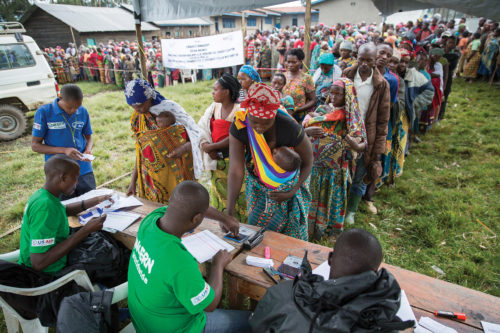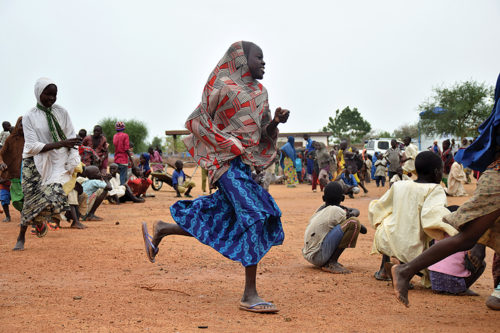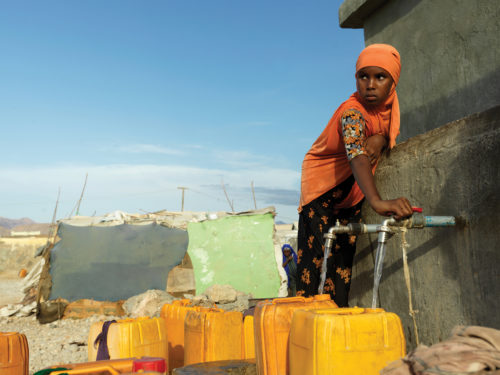NGOs and Risk How International Humanitarian Actors Manage Uncertainty
For humanitarian organizations, the presence of risk in the operating environment can force difficult trade-offs between the needs of people…
For humanitarian organizations, the presence of risk in the operating environment can force difficult trade-offs between the needs of people…
The new phase will focus on risk management within partnerships between national, local and international NGOs
For humanitarian organizations, the presence of risk in the operating environment can force difficult trade-offs between the needs of people they are trying to serve and the need to mitigate potential harm to their personnel, resources, and reputation.
An in-depth study of the realities and recommendations for improving risk management in humanitarian crises.

This report examines partnerships between international NGOs (INGOs) and local/national NGOs (L/NNGOs) in two complex, conflict-driven emergencies: Nigeria and South Sudan. It presents case studies that are one component of InterAction’s Risk II: Local Actor Partnerships project – an 18-month research study funded by the U.S. Agency for International Development Office of U.S. Foreign Disaster Assistance (USAID/OFDA).

This briefing paper compiles the recommendations from the 2019 reports of the research program NGOs and Risk – Managing Uncertainty in Local-International Partnerships, undertaken by InterAction with Humanitarian Outcomes. The recommendations derive from research at the global level and field case studies in South Sudan and northeast Nigeria.
This report examines how risk is perceived and managed in partnerships between international and national NGOs working in humanitarian response.

This guidance note is one of four research products emanating from the 2016 NGOs and Risk study, conducted by Humanitarian…
With heightened levels of violence in some conflict settings, coupled with proliferating legal and fiduciary regulations related to anti-corruption and…